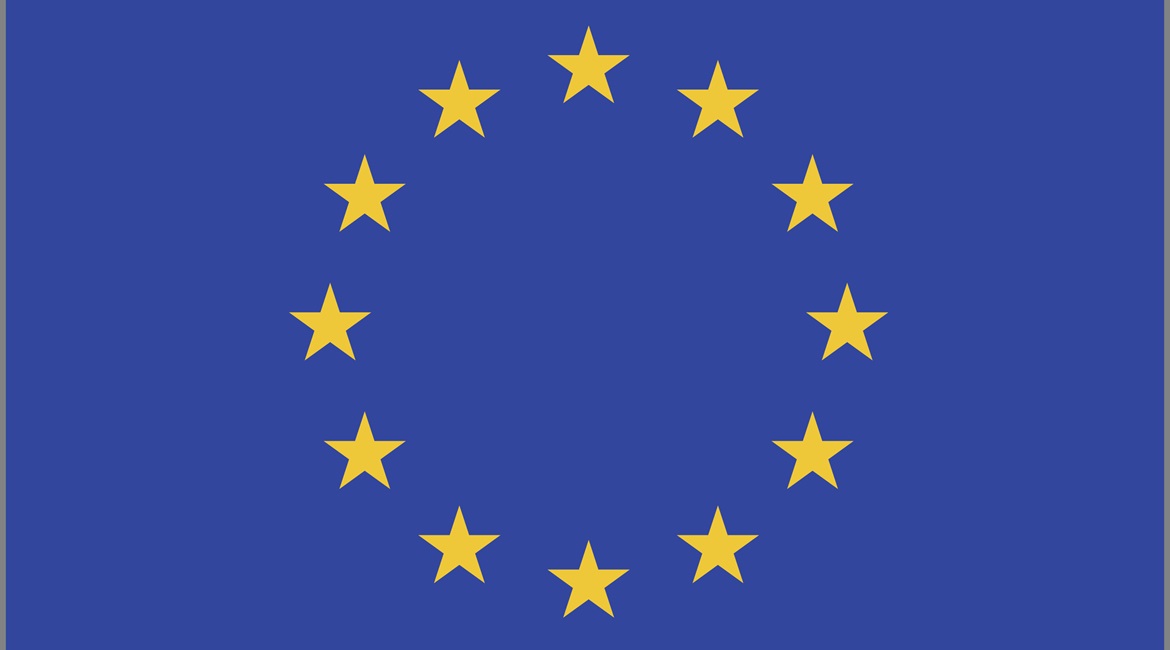
The European Union’s future strategic autonomy must include the development and protection of space assets – including early warning capabilities, advanced satellite networks, and quantum computing – to ensure Europe’s security and its militaries’ effectiveness, according to EU and industry officials, who said Europe must reduce or eliminate its dependence on third countries for those capabilities.

EU and industry officials discussed the development and protection of Europe’s space capabilities in the European Parliament on 30 November. (Getty Images)
“This is less about the militarisation of space versus how to deal with the [global] weaponisation of space,” said Daniel Fiott, space policy researcher at the EU Institute for Security Studies (EUISS) in Paris. “There is simply no way we can be dependent on third countries for critical enablers such as positioning and timing in space or for their protection. You cannot talk about strategic autonomy on earth if you do not have strategic autonomy in space.”
Presenting his soon-to-be-released EUISS study, The European space sector as an enabler of EU strategic autonomy, Fiott and others addressed their remarks to a 30 November virtual meeting of the European Parliament’s Subcommittee on Security and Defence.
The 40-page study, an advanced copy of which was received by Janes, sets out several recommendations to national and EU policymakers. One advocates that the EU enhance its space defence preparedness by using scenarios that test the loss of capabilities such as communications or positioning services and their effect on EU security and defence operations and missions. Another calls for an EU “space-quantum roadmap” as Europe has only until the end of the 2020s “to ensure that competitors do not dominate quantum in space technologies”.
Looking to read the full article?
Gain unlimited access to Janes news and more...






